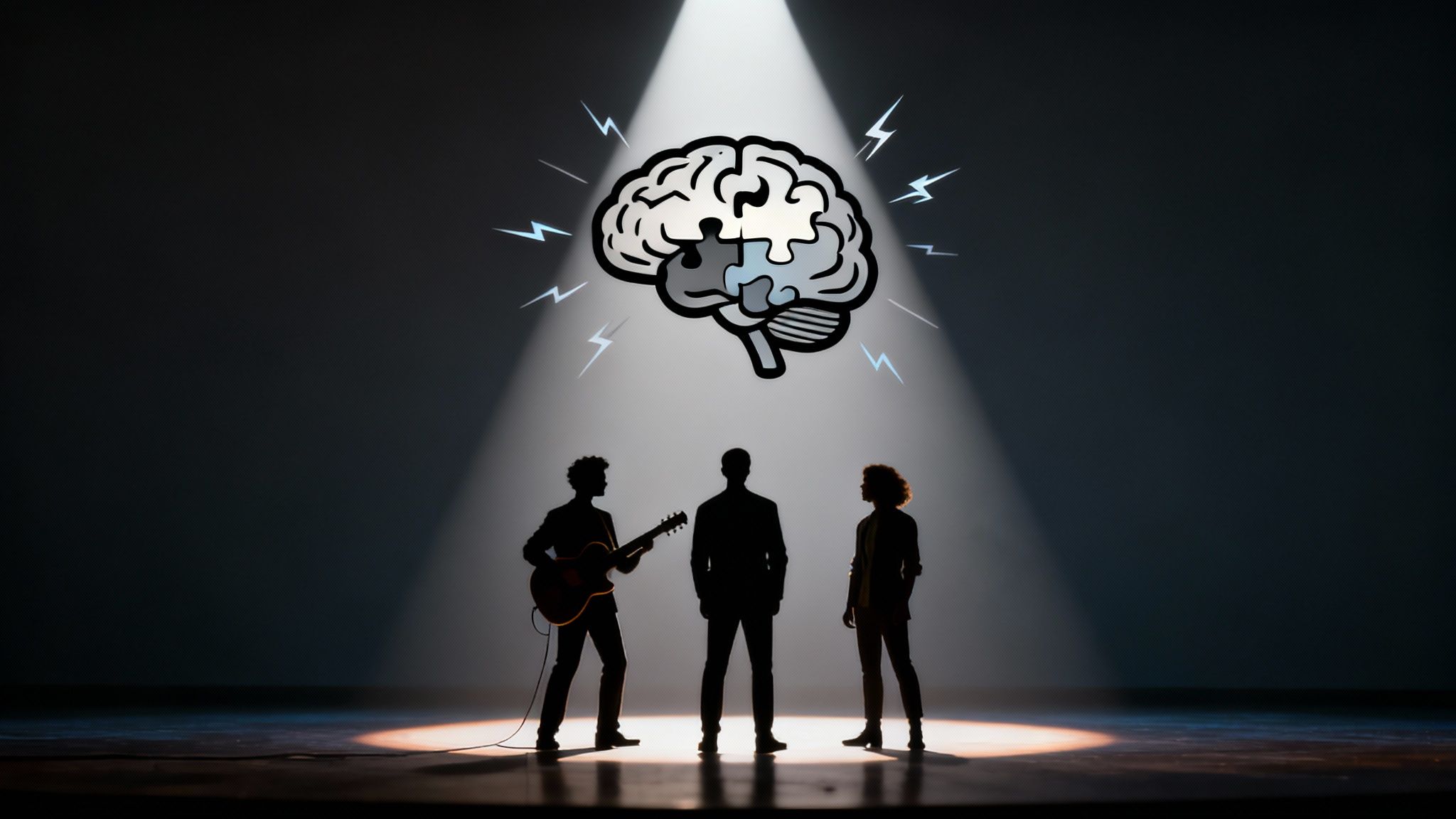Attention-deficit/hyperactivity disorder (ADHD) and depression are common mental health conditions that often overlap. However, while they have some similarities, they are also distinct conditions with unique symptoms and treatment approaches.
Too long; didn't read
- The main difference between ADHD and depression: ADHD is a neurodevelopmental disorder, and depression is a mood disorder.
- Both conditions can cause symptoms like apathy, brain fog, and sleep problems.
- While ADHD has the potential to cause the development of depression, it is not possible for depression to cause ADHD.
What is ADHD?
Attention-deficit/hyperactivity disorder (ADHD) is a neurodevelopmental condition that affects children and adults. It's something that a person is born with, and persists throughout a lifetime. ADHD symptoms have the potential to interfere with a person's ability to function effectively at work, school, and in personal relationships.
ADHD has three subtypes:
- Predominantly inattentive
- Predominantly hyperactive-impulsive
- Combined type
What is depression?
Depression is a mental health condition (more specifically, a mood disorder) characterized by persistent sadness, hopelessness, and a lack of interest or pleasure in activities they once enjoyed. It is the most common comorbidity to ADHD, and one of the most common mental health conditions worldwide.
Depression can also cause physical and emotional symptoms, such as:
- Fatigue or sleepiness
- Changes in appetite (usually a decreased appetite)
- Disrupted sleep or sleep issues
- Difficulties focusing, especially for long periods of time
- Thoughts of death or suicide
Depression can significantly impact a person's daily life and can interfere with their ability to work, do well in school, and maintain friendships and relationships.
ADHD vs. depression
How are they similar?
One of the main ways that ADHD and depression are similar is that they both involve disruptions in brain function, specifically in the prefrontal cortex and the amygdala.1 These brain regions are responsible for executive functions and emotional processing, respectively.
They also both tend to manifest in childhood or adolescence, but depression can come on later in life as well.
Shared symptoms for ADHD and depression:
- Difficulty concentrating
- Brain fog
- Insomnia or other sleep problems
- Difficulty starting tasks
- Difficulty finishing tasks
- Anhedonia or apathy
How are they different?
Despite their similarities, ADHD and depression also have critical differences. For example, ADHD is a neurodevelopmental disorder, while depression is a mood disorder. This means that the underlying causes and mechanisms of both ADHD and depression are different and require distinct treatment approaches.
Additionally, the symptoms of ADHD and depression can differ in severity and duration. ADHD symptoms are typically present throughout a person's lifetime, while the symptoms of depression may come and go.
Can one condition cause the other?
Many individuals with ADHD are at an increased risk of developing depression later in life. In fact, research has found that individuals with ADHD are more likely to develop depression than those without ADHD.2 This may be due to the challenges of living with ADHD in a neurotypical society and the social stigma that comes with it. These challenges can lead to frustration, low self-esteem, and social isolation, which all contribute to depression.
Seeking treatment
Only a medical professional can help with the diagnostic and treatment steps for ADHD and depression. If you believe you are struggling with one or both, please schedule an appointment with your doctor, a psychiatrist, psychologist, or other mental health professional.
Lastly, you are not alone! There are many people out there like you, and you can still live a fulfilling life with depression and ADHD. The first step is yours to take.






